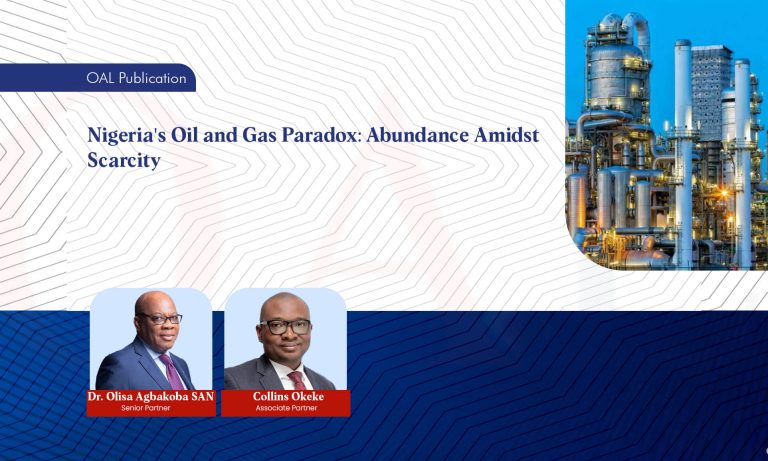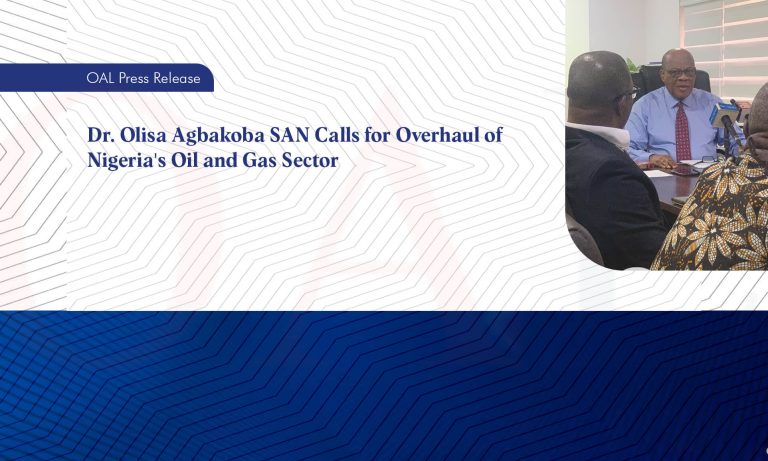

Recently, the news that Nigeria has approval from the United Nations (UN) to have an extended Exclusive Economic Zone (EEZ) broke in the media space. Various media in Nigeria reported that the extension allows Nigeria to redraw the territorial map of its sovereignty in the Gulf of Guinea, thereby granting the right to exploit the abundant carbon and marine resources in the area.
The extension of Nigeria’s Exclusive Economic Zone (EEZ) has significant implications for maritime activities, resource management, and geopolitical dynamics in the region. It expands Nigeria’s jurisdiction over a larger maritime area, allowing for increased control and potential benefits. This extension may lead to enhanced opportunities for oil and gas exploration, fisheries management, and overall economic development. However, it could also trigger geopolitical tensions with neighbouring countries over overlapping claims, emphasizing the need for diplomatic negotiations and cooperation to address potential disputes.
Also read: Securing Nigeria’s Maritime Domain: Vigilance, Hot Pursuit, and Combating Crude Oil Theft
It is very important to examine the effect of the extended Exclusive Economic Zone vis-à-vis the implications of the extended EEZ:
- Economic Opportunities: The expansion may create new economic opportunities through increased maritime activities, trade, and the development of offshore industries.
- Resource Control: Nigeria would gain exclusive rights to exploit and manage marine resources within the extended zone, potentially boosting its control over fisheries, oil and gas reserves, and other valuable resources.
- Diplomatic Relations: Diplomatic efforts may be required to address any concerns or disputes that arise with neighbouring countries, fostering positive relations and cooperation in managing shared maritime areas.
- Compliance with International Law: Nigeria would need to ensure that the extension aligns with international maritime laws, particularly the United Nations Convention on the Law of the Sea (UNCLOS), to avoid disputes and ensure recognition by the international community.
- Infrastructure Development: Developing infrastructure, such as ports and surveillance systems, becomes essential to support increased maritime activities and security within the expanded zone.
- Presence of Naval and Coast Guard: Nigeria may need to enhance its naval and coast guard presence to monitor and enforce regulations within the extended zone, ensuring compliance with maritime laws.
- Geopolitical Dynamics: The extension may influence regional geopolitics, potentially leading to discussions or negotiations with neighbouring countries regarding overlapping maritime claims.
- Environmental Concerns: Managing the environmental impact of increased human activities in the extended zone becomes crucial to prevent ecological damage and ensure sustainable resource utilization.
Benefit to Stakeholders of Maritime Sector.
Players in the Maritime sector can benefit from the extended EEZs by participating in various aspects, such as fisheries, energy exploration, infrastructure development, maritime services etc. These zones offer potential investment and business opportunities and the chance to tap into emerging markets for economic gain.
An extended Exclusive Economic Zone (EEZ) in the Nigerian Maritime sector can benefit stakeholders by providing expanded opportunities for fishing, offshore oil and gas exploration, and maritime transportation. This extended zone allows for increased resource exploitation, leading to economic growth and job creation within the sector. Additionally, it enhances the country’s maritime security and control over its waters, fostering a more stable and prosperous environment for maritime activities.
In Conclusion
In a nutshell, successful management of the extended EEZ involves a balanced approach to economic development, environmental conservation, international cooperation, and compliance with legal frameworks. Therefore, it is safe to say that the extended Exclusive Economic Zones is a big blessing to Nigeria but if not properly utilized may become a curse.
Author



